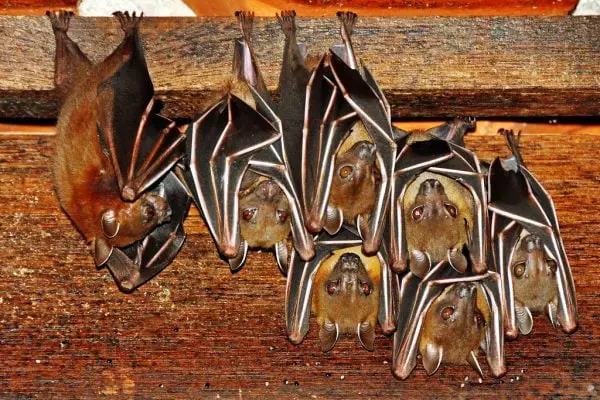With their powerful roar echoing across the savanna, lions have captivated human imagination for millennia. These majestic predators, known for their social hierarchy and impressive hunting prowess, reign supreme in their domain. But beyond their regal stature lies a fascinating layer of language – the diverse collective nouns used to describe them, offering a glimpse into their social dynamics and captivating behaviors.
Collective Nouns for Lions
Unlike some animals with singular collective nouns, lions boast a diverse vocabulary, each term reflecting the specific context and composition of the group:
- Pride: This widely used term signifies a family unit of lions, typically consisting of several related females, their young cubs, and a single dominant male. It evokes a sense of unity, shared territory, and the complex social hierarchy within these tightly knit groups.
Example: As the golden light of dawn bathed the savanna in a warm glow, a pride of lions emerged from the tall grasses. The lionesses, their bodies lean and muscular, led the way, while the playful cubs frolicked behind them, protected by the watchful gaze of the mighty male with his flowing mane. This scene perfectly captured the intricate dynamics within this family unit, where each member plays a crucial role in their collective survival.
- Troop: This term, less common but still occasionally used, describes a group of lions on the move, typically consisting of females and their cubs traveling together. It evokes a sense of shared journey, synchronized movement, and the temporary nature of these aggregations formed for specific purposes.
Example: Driven by a thirst for water, a troop of lions embarked on a journey across the vast savanna. The lead lioness, her head held high, navigated the terrain, followed closely by the other females and their curious cubs. This temporary gathering showcased the cooperative nature of these lionesses as they collectively sought sustenance for themselves and their young.
- Coalition: This term specifically describes a group of unrelated male lions who have formed an alliance. It evokes a sense of strength in numbers, cooperative hunting, and the temporary nature of these partnerships formed to challenge established dominant males or secure breeding rights within a pride.
Example: A fierce coalition of lions, their manes rippling in the wind, charged towards the territory of a rival pride. Their coordinated movements and combined strength posed a formidable challenge, highlighting the strategic alliances formed by these male lions to increase their chances of survival and reproduction.
- Mane (literary usage): This term, rarely used literally but more common in figurative language, signifies a group of male lions, often associated with their impressive manes. It evokes a sense of power, dominance, and the collective presence of these magnificent creatures.
Example: As the sun dipped below the horizon, casting long shadows across the landscape, a mane of lions surveyed their domain from atop a rocky outcrop. This poetic usage beautifully captures the regal presence and collective power of these male lions, highlighting their role as guardians and protectors within the pride.
Interesting Facts About Lions
Understanding these collective nouns deepens our appreciation for the intricate social lives and remarkable adaptations of lions. But venturing deeper reveals their fascinating biology, ecological significance, and the challenges they face:
Social Kings: Lions are the only social big cats, living in highly structured family units called prides. This social structure allows them to cooperate in hunting large prey, raise their young, and defend their territory, highlighting the benefits of social living for these apex predators.
Guardians of the Ecosystem: Lions play a crucial role in maintaining healthy ecosystems. By preying on weak or sick animals, they help to control prey populations and regulate the herbivore community. This top-down predation ensures a balance within the ecosystem, showcasing their vital contribution to the natural world.
Facing Threats: Habitat loss, human-wildlife conflict, and climate change pose significant threats to lion populations. Understanding these challenges and supporting conservation efforts, protected areas, and responsible wildlife management are crucial for ensuring their continued existence and the ecological balance they help maintain.
A Symbol of Majesty: Lions have held cultural significance and served as symbols of power, courage, and royalty throughout history. Their impressive presence, powerful roar, and social structure have inspired countless stories, myths, and artistic representations, further highlighting their enduring impact on human imagination.
Final Thoughts
From the majestic “pride” roaming the savanna to the fierce “coalition” challenging for dominance, the diverse collective nouns for lions offer a glimpse into their multifaceted lives and ecological significance. By appreciating these terms and the captivating nature of these iconic creatures, we foster a deeper respect for their social complexity, ecological contributions, and the need to ensure their continued existence as the rightful rulers of the savanna.
Also Read:






